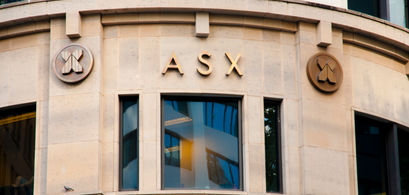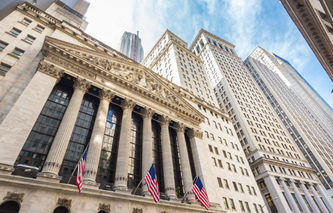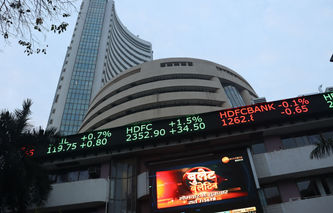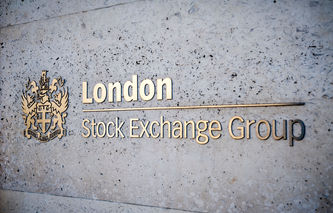The Australian Stock Exchange Limited (ASX) operates Australia's national exchange for equities, derivatives, and fixed interest securities such as bonds. The exchange also provides comprehensive market information and data to a wide range of traders, brokers, and commissions.
History of the Australian Stock Exchange
The history of the Australian Stock Exchange starts with the six capital city exchanges that were established in Adelaide (1887), Brisbane (1884), Melbourne (1884), Hobart (1882), Perth (1889), and Sydney (1871). Several smaller provincial exchanges were established to cater to the needs of the large number of mining companies in existence at the turn of the 20th Century.
From 1903 until 1937, these state stock exchanges began meeting on an informal basis. By 1936, Sydney had taken the lead in formalizing the association, and in 1937 the Australian Associated Stock Exchanges (AASE) was established. The formation of the AASE laid the groundwork for listing of companies, brokerage, and the operating rules of the stockbrokers and their firms.
On April 1, 1987, the Australian Parliament passed legislation forming the Australian Stock Exchange Limited (ASX). Forming a national stock exchange brought together the six independent stock exchanges operating in the capital cities.
Facts and Figures
Approximately 2,029 companies are listed with the Australian Stock Exchange. ASX claims to be the eighth largest equity market in the world, with 32.7 million equity trades taking place each month. The combined market capitalization of the exchange is $1.60 trillion (USD) as of November 2020.
The five most actively traded companies on the ASX include Bass Oil, Latres, Anson Res, Kairos and Whitecliff. The S&P/ASX 200 Index is recognized as the benchmark for the Australian equity market. The S&P/ASX 200 is comprised of the S&P/ASX 100 plus an additional 100 stocks. The index also forms the basis for the ASX Mini200 futures contract.
ASX Holiday Schedule
The ASX observes a total of ten or eleven holidays annually, most of which the exchange is either closed or closes early for the day. The following table includes the most recent calendar of holidays for the exchange.
Australian Stock Exchange Holidays 2021
Holiday | Date | States | Trading Day |
New Year's Day | January 1, 2021 | All | Closed |
Australia Day | January 26, 2021 | All | Closed |
Good Friday | April 2, 2021 | All | Closed |
Easter Monday | April 5, 2021 | All | Closed |
Queen's Birthday | June 14, 2021 | All except WA | Closed |
Christmas Day | December 27, 2021 | All | Closed |
Boxing Day | December 28, 2021 | All | Closed |
Note: Close Early = Normal trading ceases at 14:10 Sydney time.
Australian Stock Exchange Holidays 2020
Holiday | Date | States | Trading Day |
New Year's Day | January 1, 2020 | All | Closed |
Australia Day | January 27, 2020 | All | Closed |
Good Friday | April 10, 2020 | All | Closed |
Easter Monday | April 13, 2020 | All | Closed |
ANZAC Day | April 27, 2020 | All | Closed |
Queen's Birthday | June 8, 2020 | All except WA | Closed |
Christmas Day | December 25, 2020 | All | Closed |
Boxing Day | December 28, 2020 | All | Closed |
Note: Close Early = Normal trading ceases at 14:10 Sydney time.
ASX Market Phases / Trading Hours
The Australian Stock Exchange goes through a number of phases on any given trading day. The particular market phase determines the type of action that may be taken for an order, which in turn affects how trading is conducted on that day.
ASX Trading Hours (Sydney Time)
Time | Trading Phase |
7:00 a.m. - 10:00 a.m. | Pre-Opening |
10:00 a.m. | Opening |
10:00 a.m. - 4:00 p.m. | Normal Trading |
4:00 p.m. - 4:15 p.m. | Pre-Open prior to Closing |
4:15 p.m. | Closing Single Price Auction |
4:15 p.m. - 7:00 p.m. | After Hours Adjust |
7:00 p.m. - 7:00 a.m. | Enquiry |



